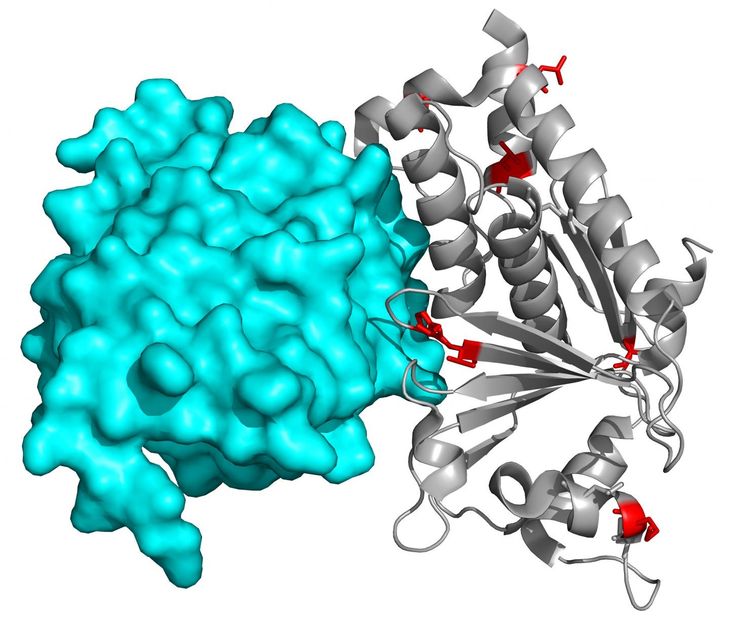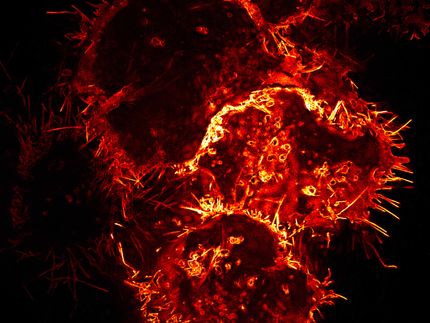Ebolaviruses need very few mutations to cause disease in new host species
Advertisement
Kent researchers have identified how few mutations it can take for Ebolaviruses to adapt to affect previously resistant species.

Ebolavirus Protein VP24 is illustrated.
University of Kent
Ebola is one of the world's most virulent diseases, though rodent species such as guinea pigs, rats and mice are not normally susceptible to it. However, through repeated infection of a host animal, Ebola virus strains can be generated that replicate and cause disease within new host rodent species.
Scientists in the University of Kent's School of Biosciences examined the changes associated with Ebolavirus adaptation to rodents including guinea pigs and mice across four different studies. They found that only very few mutations, probably fewer than five, are required for the virus to adapt.
In particular, a change in the Ebolavirus protein VP24 seems to be critical for Ebola viruses to infect a new animal species. Ebolaviruses infecting domestic species, including pigs and dogs, may also result in virus changes that may increase the risk to humans. Reston viruses, Ebolaviruses that have not been shown to cause disease in humans, so far, are known to circulate in domestic pigs in Asia.
The research was performed by Dr Mark Wass (Senior Lecturer in Computational Biology), Professor Martin Michaelis (Professor of Molecular Medicine), and Dr Jeremy Rossman (Senior Lecturer in Virology) and members of their research groups.























































